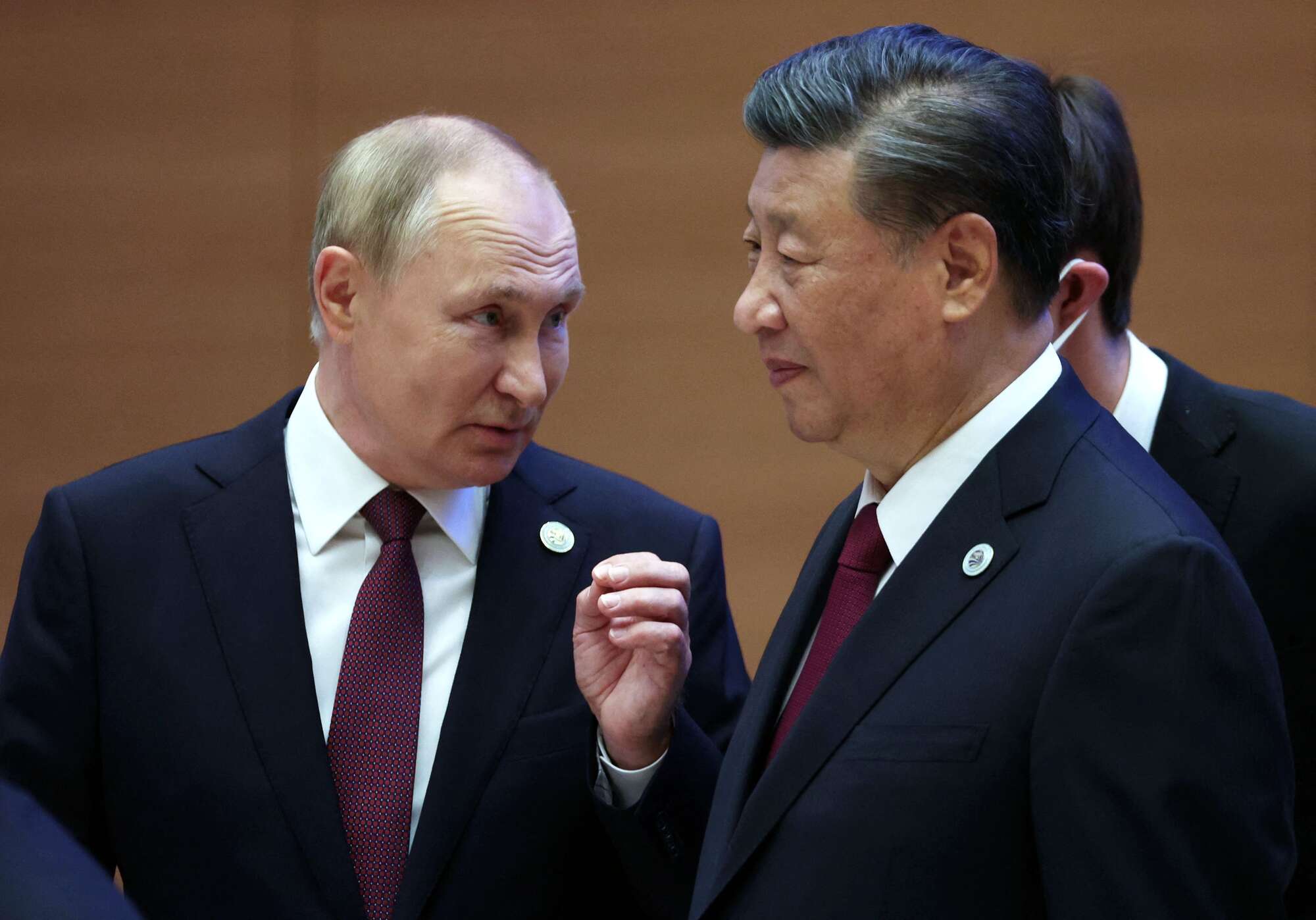Analysts say China and Russia are bolstering their presence in Africa to tap its rich natural resources, amid grave warnings from UN agencies the world’s poorest countries face accumulating crippling debts.
“One out of every three major infrastructure projects in Africa is built by Chinese state-owned enterprises, and one out of every five is financed by a Chinese policy bank,” said Paul Nantulya of the Africa Centre for Strategic Studies, an academic institution within the US Department of Defence.
“Russia, a key arms exporter to Africa, is also making forays into the continent through mining projects granted to the Wagner private paramilitary group,” Nantulya said.
Wagner group is promoting Russian interests in Africa. PHOTO | SHUTTERSTOCK
At a UN-sponsored summit in Qatar of the Least Developed Countries this month, leaders condemned the treatment of their nations.
After Western countries reduced their infrastructure financing, it created a void that China and Russia stepped in to fill.
Read: West’s focus on Ukraine disadvantaging Africa
“The Chinese saw the gap and decided to put their money in infrastructure,” Nantulya said.
“But it mostly amounts to a debt trap,” warned Anna Borshchevskaya of the Washington Institute think tank.
“China offers African countries loans for expensive infrastructure projects, which typically fail. And when the countries can’t pay the loans, China then takes control of their strategic assets,” she said.
China, the world’s number two economy, rejects practising “debt-trap diplomacy” as an unfair criticism from Western rivals who have themselves burdened nations with huge debts.
“Partnerships are built with friendship and good faith,” Chinese Foreign Minister Qin Gang said this month.
Shiny deals
Projects led by China in Africa include the Standard Gauge Railway linking the Kenyan port city of Mombasa to the Rift Valley, which cost $5 billion and was financed 90 percent by Beijing.
It is Kenya’s biggest infrastructure project since independence and was opened in 2017. China is Kenya’s second-largest lender after the World Bank.
Standard gauge railway (SGR) cargo train makes its way to the Mombasa Port from Nairobi on December 14, 2021. PHOTO | KEVIN ODIT | NMG
In December 2022, Tanzania signed a $2.2 billion contract with a Chinese company to build the final section of a railway line aimed at linking the country’s main port with its western neighbours.
“Some China-funded projects have been profitable and sustainable, but the real benefit is to Beijing, with maintenance contracts that can run up to 99 years,” said Nantulya.
Read: Kampala-Malaba railway upgrade set to complete next month
He also said Chinese-funded projects were designed to absorb Chinese labour, meaning they didn’t do much to reduce unemployment in Africa — although some African states’ governments insisted on a quota for their own citizens.
During a visit to Senegal in January, US Treasury Secretary Janet Yellen sought to tout the benefits of a new “mutually beneficial” US economic strategy towards Africa.
“Countries need to be wary of shiny deals that may be opaque and ultimately fail to actually benefit the people they were purportedly designed to help,” Yellen said, alluding to China.
“This can leave countries with a legacy of debt, diverted resources, and environmental destruction.”
‘Victims’
“Debt is not restricted to China and Russia alone,” said Tetteh Hormeku of the Ghana-based African Trade Network, noting huge sums were still owed to Western nations – including former colonial powers who once controlled much of the continent.
“About 50 percent of our debt is owed to Western commercial bond markets and multilateral agencies,” he said at the Doha summit.
“The 1990s debt crisis in Africa was caused by Western countries, not by China or Russia,” said Nantulya.
Several African countries face debt distress, and some are in debt crisis. PHOTO | SHUTTERSTOCK
“However, Chinese investments lack transparency compared with those from the West, which face greater scrutiny at home,” he added.
Read: US firm joins rush for Tanzania lithium deposits
Russia has also been expanding its involvement in Africa through mining projects won by Wagner, which is also fighting in Russia’s war in Ukraine.
In January, the United States accused Wagner of committing widespread human rights abuses and extorting natural resources in African countries.
Last month the European Union announced new sanctions on the group for human rights abuses in the Central African Republic, Mali, Sudan and Ukraine.
“Wagner is operating in undemocratic and authoritarian environments where corruption is just a way of life because it knows that it can get away with a lot,” said Nantulya.
Environmental impact
Experts also decried the environmental impact of Chinese and Russian projects on African countries.
“China is the world’s top emitter of greenhouse gasses which contribute to climate change. In addition, its Belt and Road Initiative still finances coal-fired power plants abroad,” said Borshchevskaya.
Borshchevskaya added that Russia’s mining projects have resulted in high levels of toxic metal compounds, pollution of groundwater resources, soil and vegetation.
In Liberia, these impacts are “grave”, said Davestus James, head of Liberia’s Centre for Peace Building and Democracy on the side-lines of the Doha summit.
Liberians had become “victims of their own resources”, he added.

